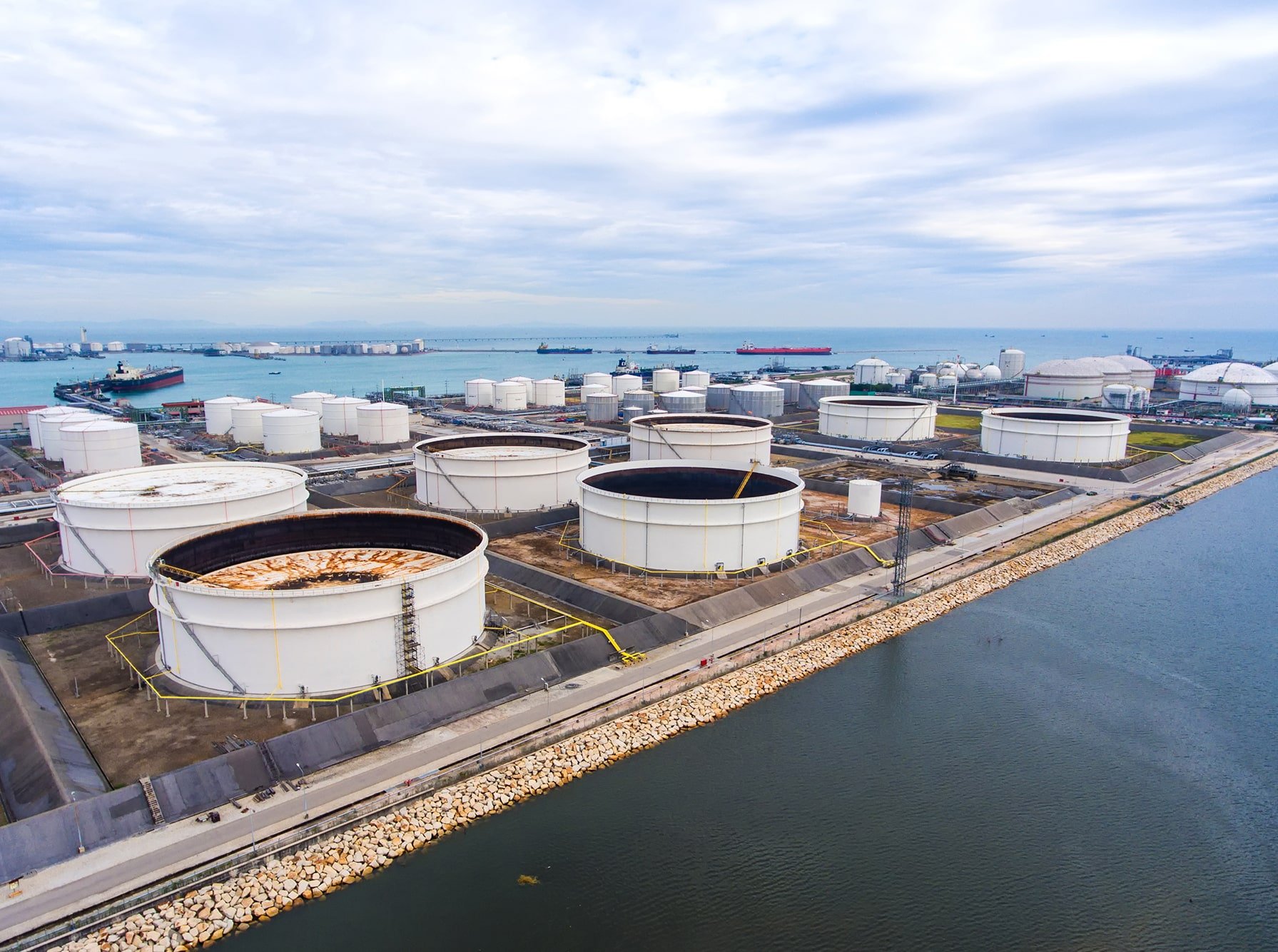Our experienced team ensure your Stationary Container Systems meet safety requirements
WorkSafe Compliance Certifiers
Stationary tanks and process containers
A stationary container system is a tank or a process container together with its associated pipe work and fittings normally located in one place. The requirements for a stationary tank are more specific than for a process container. Stationary container systems can hold flammable, oxidising, toxic and corrosive substances.
Stationary tanks
Stationary tanks are used for storing or supplying hazardous liquids, and are normally located at specific places. Stationary tanks include:
all parts and materials that help to maintain the structure and integrity of the tanks
any means of closing the tanks (for example, a lid or fitted cover)
any component of the tanks intended to protect the contents of the tank from harm (for example, lightning protection) and
any other components that are an integral part of the tanks (for example, a liquid height indicator, heating coil, or internal valve).
Stationary tanks do not include packages, intermediate bulk containers (IBC), transportable containers, compressed gas cylinders or tank wagons.
Process containers
Process containers are stationary containers that hold a hazardous substance during manufacture or use, for example, a mixing container, reaction vessel, distillation column, drier or dip tank.
Stationary container – design and fabrication approval
A stationary tank that is part of a stationary container system must meet certain criteria.
The tank must be designed to an approved standard.
The design for the tank must be approved by a compliance certifier.
The tank must either be built to an approved design by an approved fabricator or treated as a one-off and individually approved.
The tank must be installed according to the Health and Safety at Work (Hazardous Substances) Regulations 2017.
Keeping your assets well maintained saves equipment downtime and ensures the smooth running of your operations.
-
We conduct comprehensive risk assessments to identify potential hazards associated with the use of stationary containers. This includes evaluating the impact of hazardous substances, the integrity of the containers and any environmental risks.
-
Our compliance certifiers perform thorough inspections of stationary container systems to verify their integrity and operational safety. Once satisfied with compliance, they issue certification, confirming that the systems meet safety standards.
We provide detailed reports documenting our findings, including any identified deficiencies, recommended corrective actions and compliance status.
-
Under Regulation 17.91 and Schedule 1 Clause 45 of the Health and Safety at Work (Hazardous Substances) Regulations 2017, it is essential for businesses to have a comprehensive compliance plan in place for existing stationary container systems that hold up to 60,000 litres.
We can provide a compliance plan to outline the necessary measures to ensure that your stationary container systems adhere to current health and safety regulations. This plan is designed to effectively manage the risks associated with the storage and handling of hazardous substances, ensuring the safety of your employees, the public and the environment.

